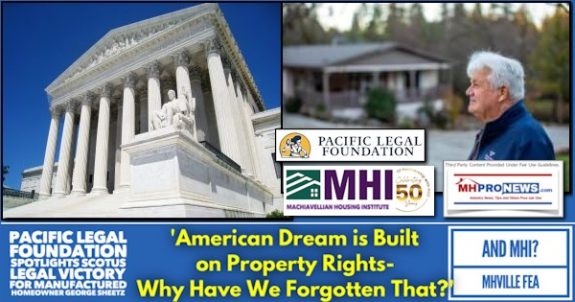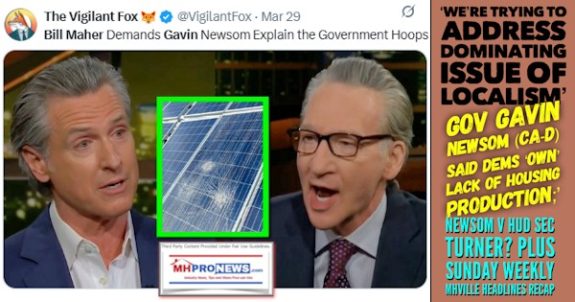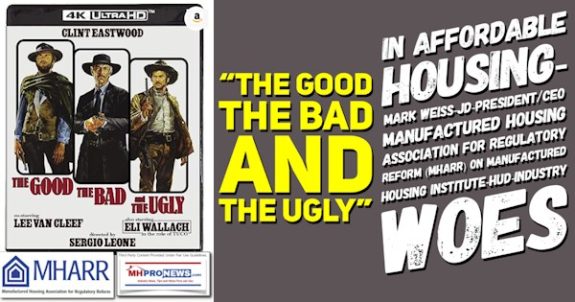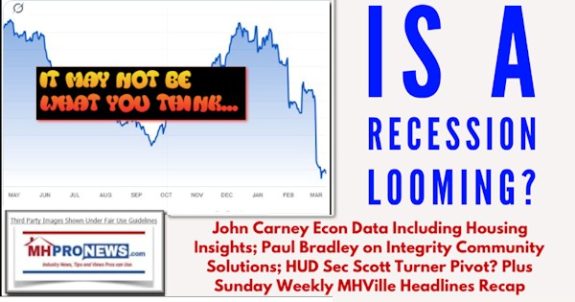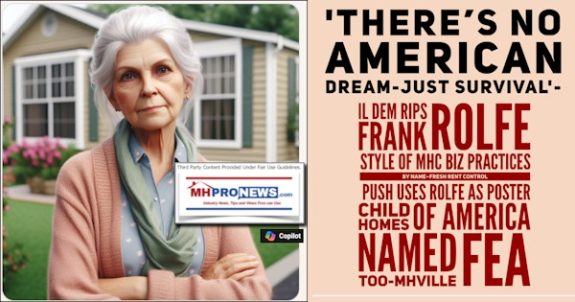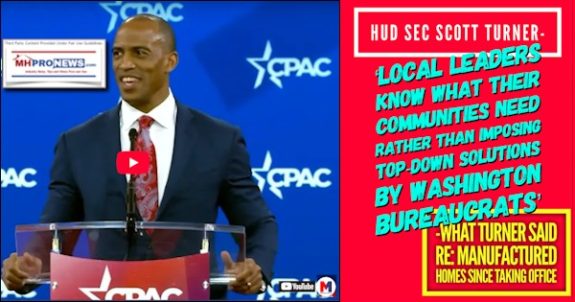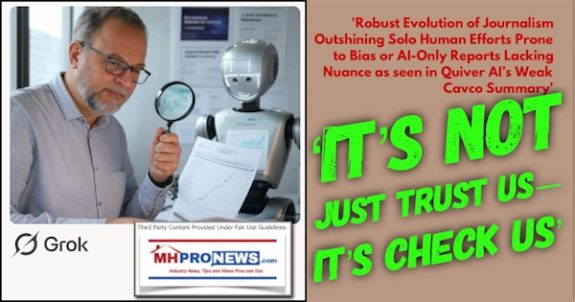At issue is whether placing limits on corporate spending on campaigns is a violation of free speech. The case was prompted by a 2008 movie about Hillary Clinton, which was produced using corporate funds. A divided U.S. Supreme Court struck down decades-old restrictions on corporate campaign spending, reversing two of its precedents and freeing companies to conduct advertising campaigns that explicitly try to sway voters.
Companies which had been barred since 1947 from using general-treasury dollars in support of or in opposition to a candidate, now can spend millions of dollars on their own campaign ads, potentially punishing or rewarding lawmakers for their votes on legislation. Labor unions, though they weren’t directly at issue in the case, have been subject to the same restrictions and may also now expand their political spending.
Corporations and unions seeking to support candidates had previously been forced to rely on regulated political action committees. This case dealt with independent corporate expenditures as opposed to the ban on contributions directly to candidates, which dates from 1907 and remains intact. If you are a MHI member and have any questions, contact Rae Ann Bevington at rbevington@mfghome.org.








